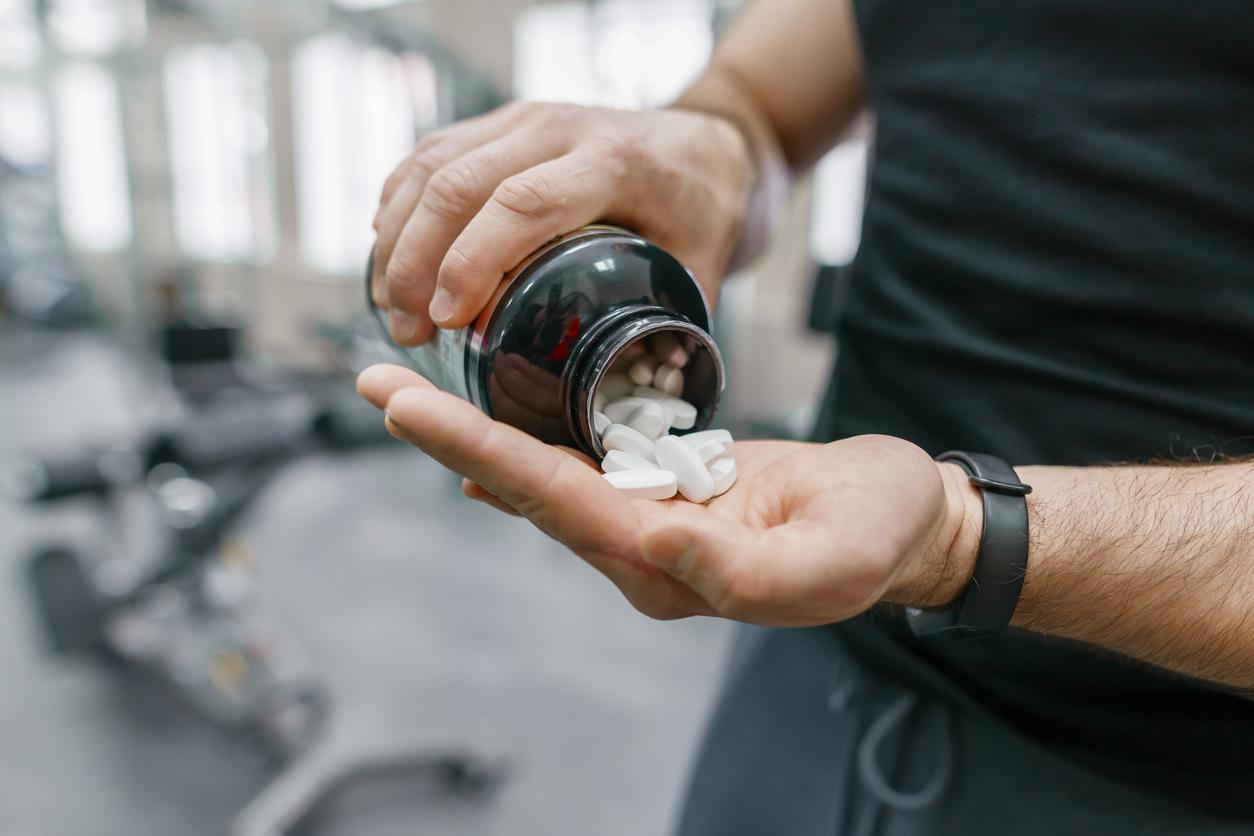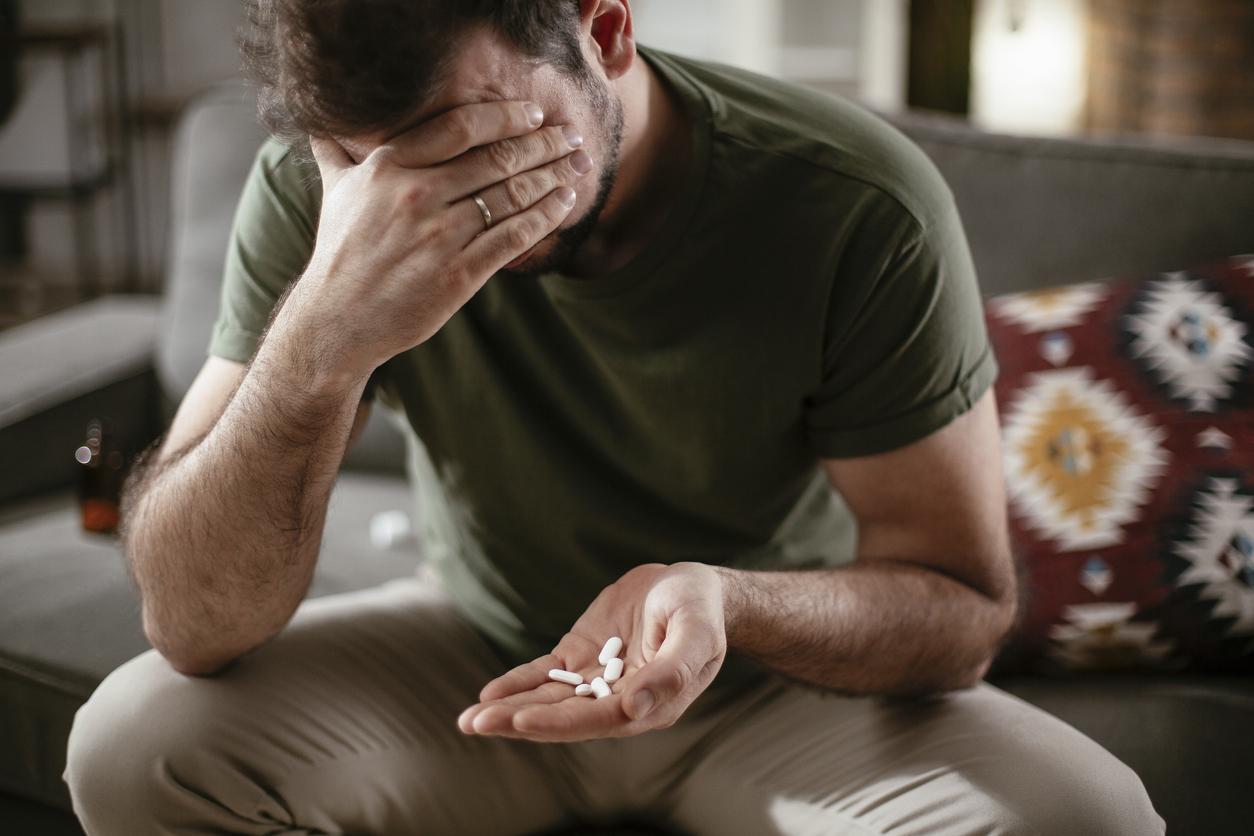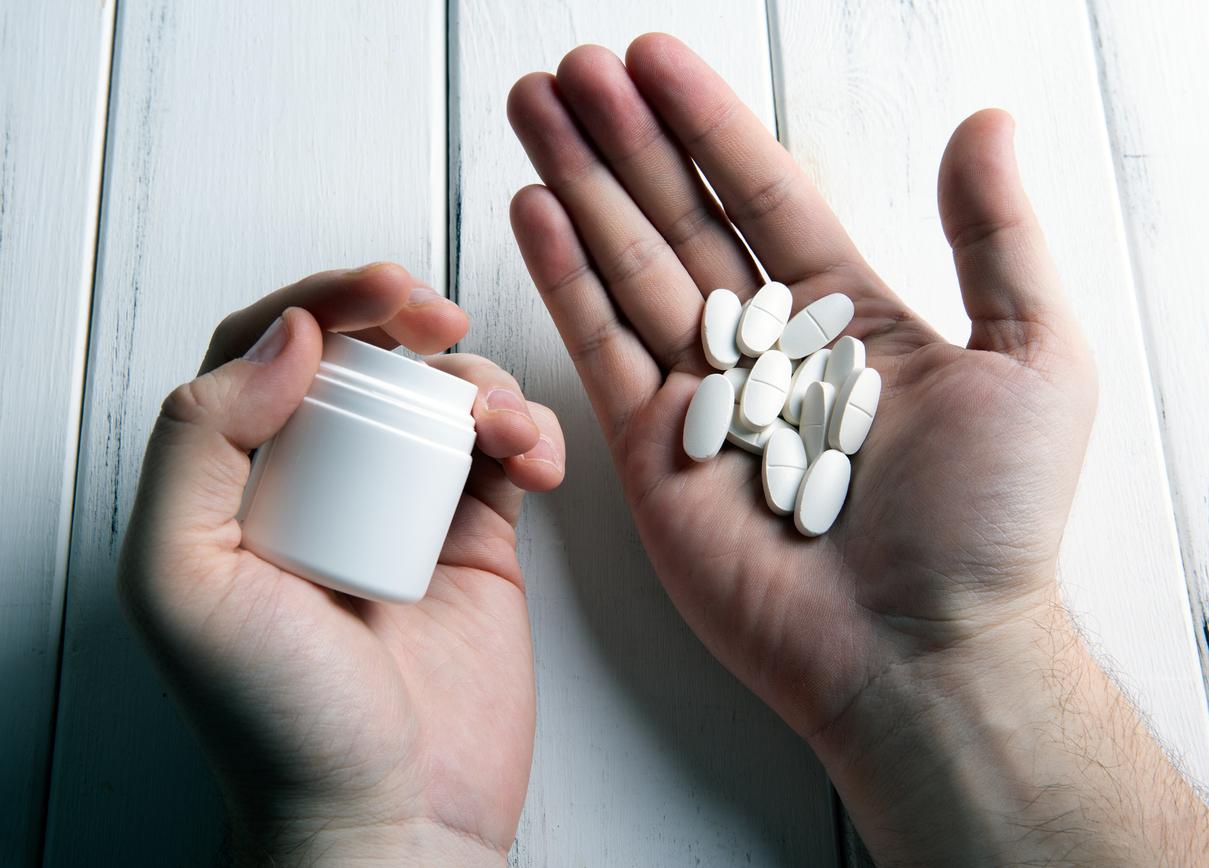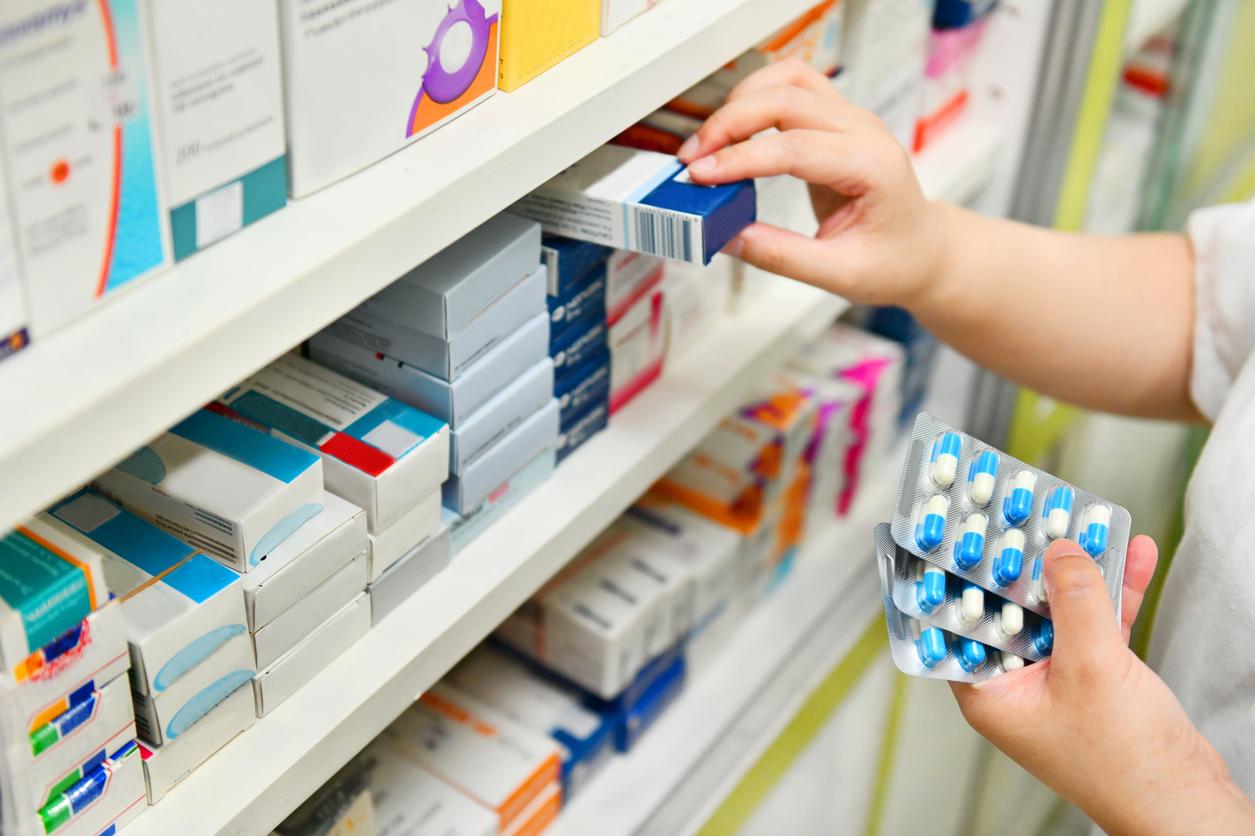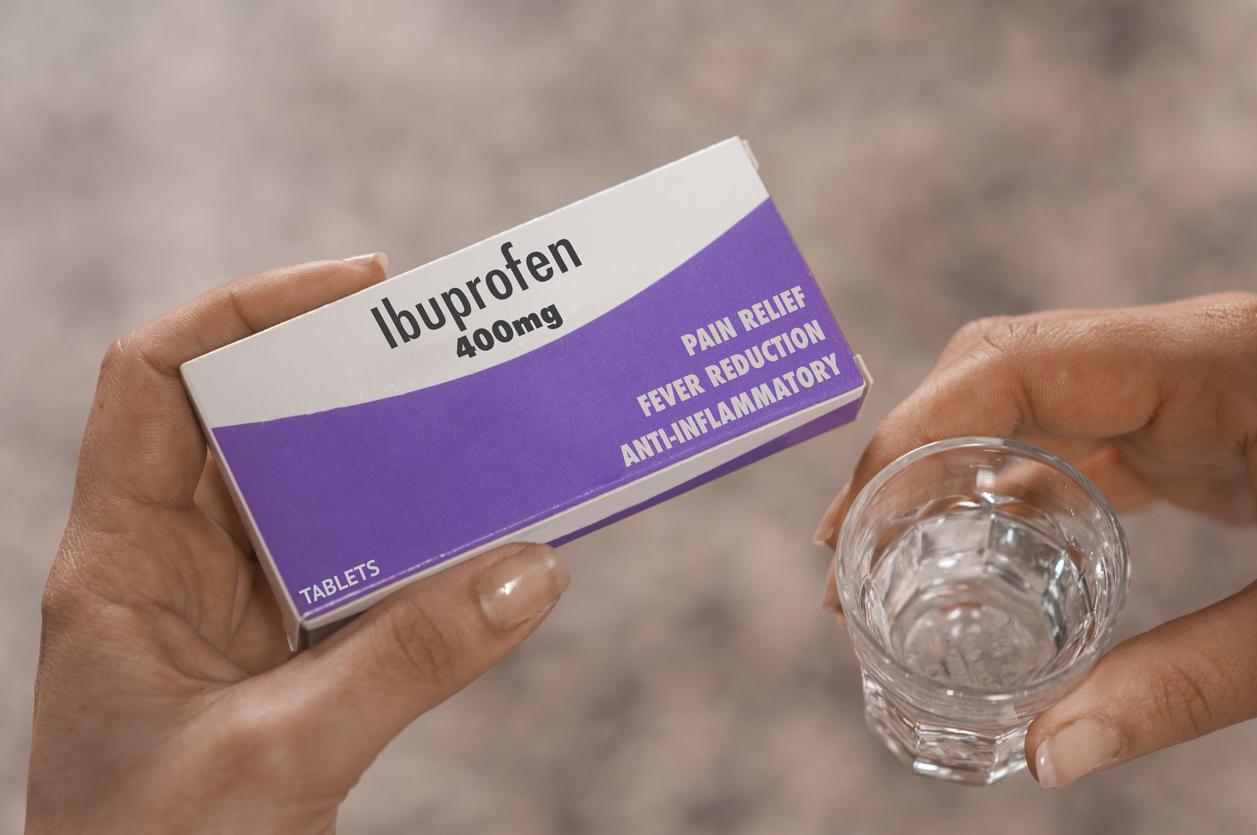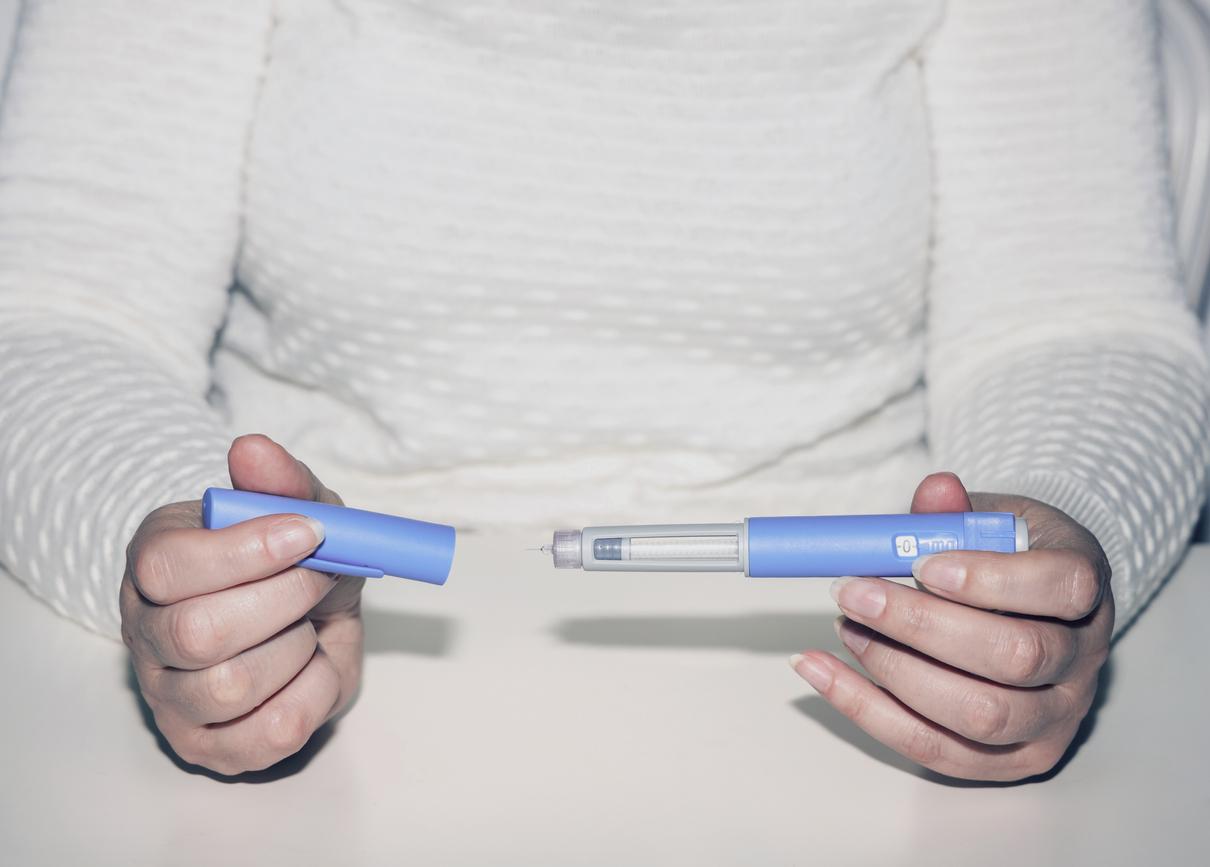INTERVIEW – Despite a low reporting rate, the French pharmacovigilance system is one of the most effective in the world. But it has not evolved along with the new technologies.
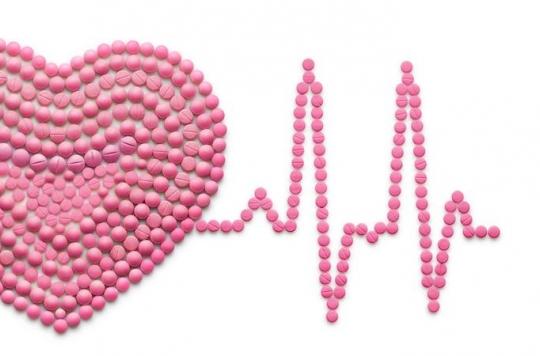
The figures may seem alarming. Each year, 18,000 deaths and 140,000 hospitalizations are linked to adverse drug reactions. In reality, many complications are avoided thanks to the pharmacovigilance system. For more than 40 years he has been monitoring side effects and alerting health authorities to the risks.
Created in 1976, it is organized around 31 regional centers (CRPV), the reports of which are brought together within the National Medicines Safety Agency (ANSM). Since its implementation, the system has been gradually strengthened. Risk management plans have emerged, and patients can now report themselves.
But the recent health crises have cast doubt on French pharmacovigilance. One figure is regularly cited: only 5 to 6% of adverse reactions are reported to the competent authorities. These incidents would therefore be underreported. This is not the opinion of Professor Bernard Bégaud, professor of pharmacology at the University of Bordeaux (Gironde), fervent defender of this surveillance system.
Is this underreporting a sign of weakness?
Prof. Bernard Bégaud : To say that only a small part of the cases have come up does not make sense. The system was not designed to report everything. Spontaneous notification has an alert function. It is therefore a question of notifying what is not known or what is abnormally serious. However, this represents only a small number of cases. So to say that the system is broken on the basis of this rate is absurd.
It is out of the question to trace all the cases of adverse effects. This would correspond to a million cases each year. Reporting the slightest diarrhea, the slightest rash is interesting … but if the effect is already known and listed on the leaflet, it only serves to quantify.
Is French pharmacovigilance still a model?
Prof. Bernard Bégaud : At the start of the 1980s, France was exemplary because it succeeded in organizing a decentralized network of pharmacovigilance centers, which is in contact with practitioners. Even today, many alerts arise from questions addressed by professionals and patients to centers, which also have an intelligence role.
But we must always move forward, and the investments were not granted in the 1990s. I am talking about financial investments, but also personnel. France did not give itself the means to move forward, to carry out experiments, when everything was ready.
Then, the Mediator affair cast doubt on the pharmacovigilance system. The specialists defended themselves very badly. Instead of raising awareness and strengthening systems, the crisis has instead weakened them. But there is a complete confusion: the case is due to a failure of the decision. Moreover, neighboring countries were very surprised that French pharmacovigilance was being called into question at this time. He was almost a model abroad.
How should the system have evolved?
Prof. Bernard Bégaud : Other systems should have been put in place as a complement, such as the database search system, textual searches on social networks… It is all the more unfortunate that many of these systems have been theorized in France. But they were not adopted, out of reluctance, for lack of money… Today, we are evolving again. Currently, the ANSM is supporting two experiments.
What are the weaknesses of the system?
Prof. Bernard Bégaud : I hope so and I think so. I hope that we are moving towards a more constructive phase. Basically, no one has an interest in killing this system, which works well. His main flaw was that he had not known any evolution towards new techniques. Over the past five years, many crises have taken place, with enormous media and political impact.
Today, a political alternation takes place. We must take the opportunity to review the copy, because we cannot work calmly with a crisis that erupts every two months, and at all levels. We need serenity to prevent problems, but also to restore confidence with the population and health professionals.
Do we need to do more pedagogy?
Prof. Bernard Bégaud : I think so. This is also the only criticism I make with regard to pharmacovigilance experts, whom I also admire. They haven’t explained well enough how many cases are collected each year, the thousands of questions they answer, the alerts that have been given … The public needs to understand everything that is being done and everything that is working. The pedagogy must also explain that a drug is not harmless and that it can always cause undesirable effects. It had also been suggested, in a ministerial report, to introduce information on this subject very early, from school.
.








